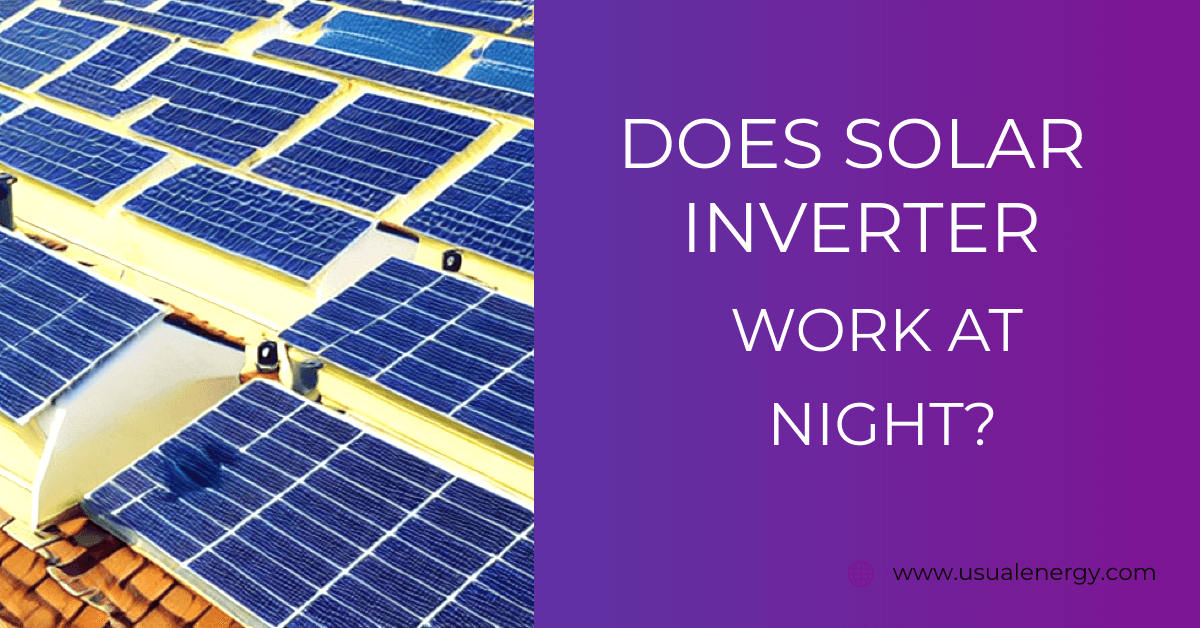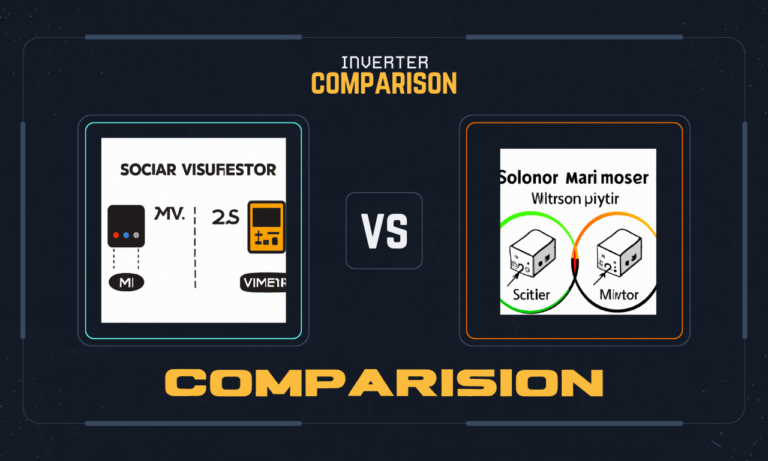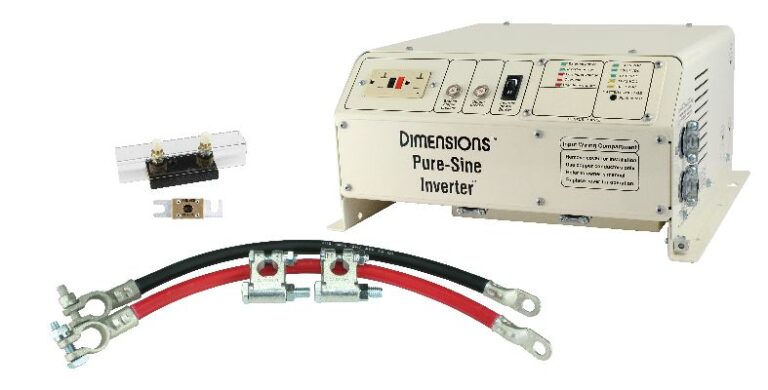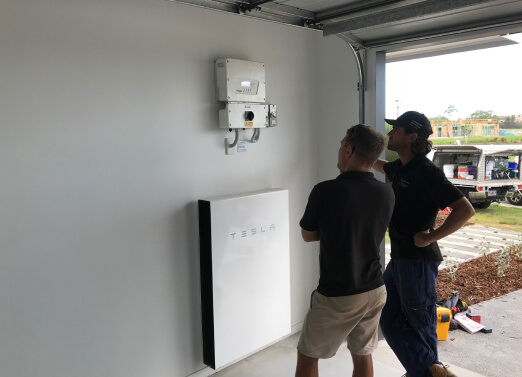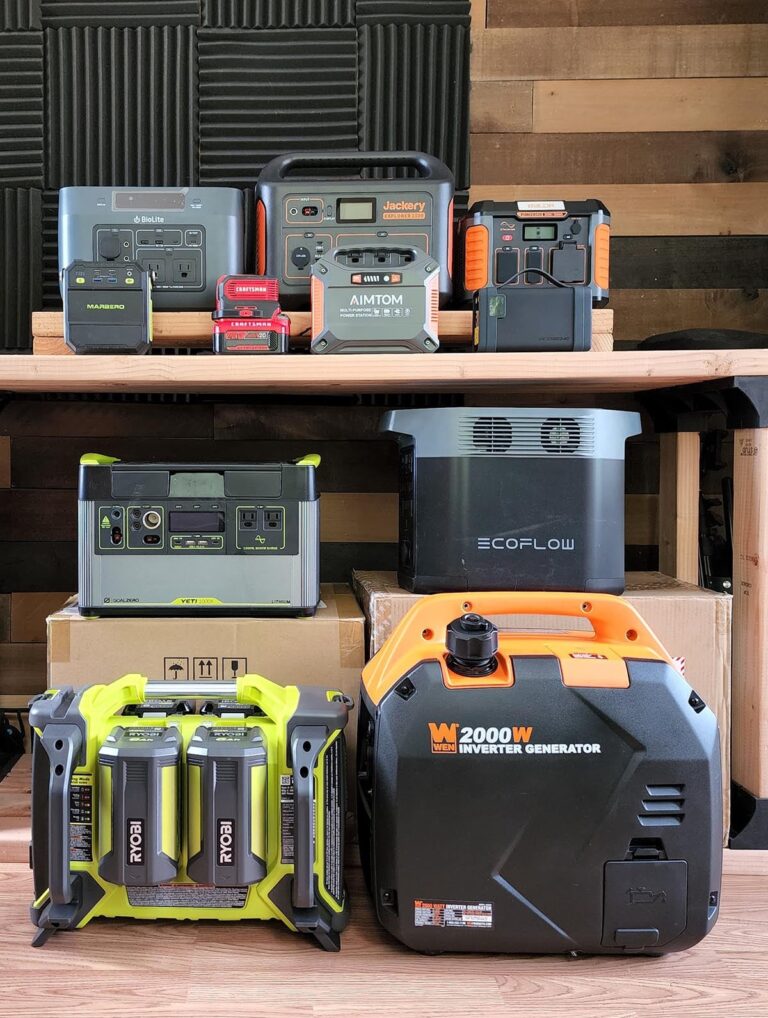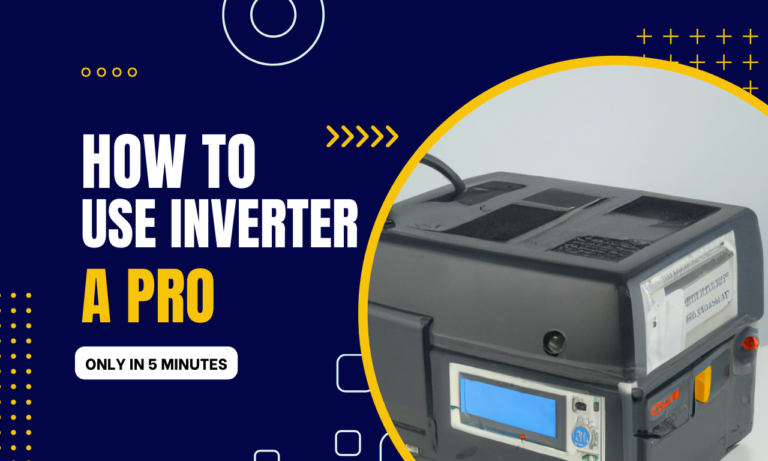Does Solar Inverter Work at Night?
The use of solar energy has become increasingly popular in recent years. With the increased demand for renewable energy sources, solar inverters are being used to store and convert energy from the sun for use in homes and businesses.
But does a solar inverter work at night? In this article, we will explore the workings of a solar inverter and answer the question of whether it can provide energy when the sun is not shining.
Does a Solar Inverter Work at Night?
A solar inverter does not work at night because it relies on the electricity generated by solar panels, and solar panels only generate electricity when they are exposed to sunlight.
Because there is no sunlight at night, solar panels do not generate electricity, and therefore a solar inverter cannot perform its function of converting DC electricity to AC electricity.
Solar energy systems are typically designed to address this limitation by storing excess electricity generated during the day in batteries, which can then be used to power the building at night. This allows solar energy systems to provide electricity even when the sun is not shining.
However, the capacity of battery storage systems is limited, and in most cases, a solar energy system will not be able to provide all of the electricity needed to power a building at night without some other source of electricity.
What Happens to Solar Energy When the Sun Goes Down?
When the sun goes down, solar panels stop generating electricity because they rely on sunlight to produce electricity. Any excess electricity that was generated by the solar panels during the day and not used by the building is typically sent back to the grid, where it can be used by other consumers.
How a Solar Inverter Stores Energy?
A solar inverter does not store energy. Its primary function is to convert the direct current (DC) electricity generated by solar panels into alternating current (AC) electricity, which is the type of electricity used in homes and businesses. The solar inverter does not have any storage capacity itself, and it does not store any of the electricity that it converts.
Solar energy systems typically include storage batteries, which are used to store excess electricity generated by the solar panels during the day.
This stored electricity can then be used to power the building at night or during times when the solar panels are not generating enough electricity to meet the building’s needs. The solar inverter is not involved in this storage process, and it does not have any direct role in storing energy.
How Does Solar Inverter Work?
A solar inverter is a device that is used in a solar energy system to convert the direct current (DC) electricity generated by solar panels into alternating current (AC) electricity, which is the type of electricity used in homes and businesses. The process of converting DC electricity to AC electricity is known as inverting, and this is how a solar inverter works:
- The solar panels on a rooftop or elsewhere collect sunlight and convert it into DC electricity.
- The DC electricity is then sent to the solar inverter, which is typically installed near the main electrical panel in a building.
- The solar inverter receives the DC electricity and converts it into AC electricity using a process called rectification. This involves using electronic components such as diodes and transistors to change the DC electricity into a form that can be used by household appliances and other electrical devices.
- The AC electricity is then sent to the main electrical panel, where it can be distributed throughout the building to power various devices and appliances.
- Any excess AC electricity that is not used by the building is typically sent back to the grid, where it can be used by other consumers.
Before You Go…
solar inverters are a great way to make use of the energy from the sun, even when the sun is not shining. During the day, the solar inverter collects energy from the sun and stores it in a battery.
At night, the battery provides power to the home, making it a great way to use solar energy even when the sun is not present. Solar inverters are a great way to use renewable energy, and they can make a big difference in reducing your energy costs.

